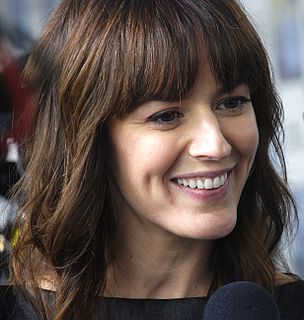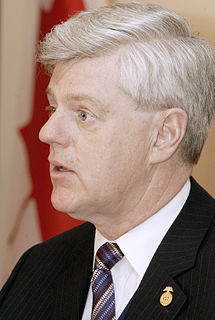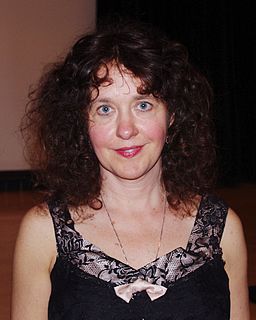A Quote by Jasper Fforde
I've never been averse to a little risk - after all, writing without risk is not really writing at all. Sometimes one has to just let fly with a high concept piece and see where the pieces fall. As it generally turns out, the central story is familiar, but just with different rules of engagement.
Related Quotes
You cannot achieve success without the risk of failure. And I learned a long time ago, you cannot achieve success, if you fear failure. If you're not afraid to fail, man, you have a chance to succeed. But you're never gonna get there unless you risk it, all the way. I'll risk failure. Sometimes, half the fun is failing. Learning from your mistakes, waking up the next morning, and saying 'Okay. Watch out. Here I come again. A little bit smarter, licking my wounds, and really not looking forward to getting my ass kicked the way I just did yesterday.' So now, I'm just a little more dangerous.
If all other risk factors are normal, and you exercise moderately, your risk of having high CRP is one in 2000, .. A person who is a little overweight, with blood fats and cholesterol a little elevated, maybe with a little bit of high blood pressure -- we didn't used to think that having several of these little risk factors were a big deal. But it is. These little risk factors add up in a way that is worse for you than one big risk factor.
I started a writing class, not in service of writing a script or writing anything specific. I've just really been enjoying that, and oddly the group, not by design, but it just happened to be all women, and there were three women who gave birth this fall while we were all in class, and there's just something really great about getting to know these women through their stories and what they're writing about.
I made the rules I figured I could be the one to break them. I thought I would write about xenophobia, a hatred of foreigners. After I stated writing the story there was not a foreigner to be had. I did not want to just stick one in there so I could get a title out of it since it seemed like cheating. I never figured out how I could get out of this dilemma so I just called it X and weaved X traits into the story.
A couple of pieces of advice for the kids who are serious about writing are: first of all, to read everything you can get your hands on so you can become familiar with different forms of writing: fiction, non-fiction, poetry, journalism. That's very important. And also keep a journal. Not so much, because it's good writing practice. Although it is, but more because it's a wonderful source of story starters.
Writing fiction lets you be a little more emotional and unguarded, a little freer. Writing fictional characters is also really different from writing about real people. In nonfiction, you can only say so much about the people you interact with. After all, they're actual people, their version of their story trumps yours. In a novel, you can build a character, using certain parts or impressions of someone you know, and guessing or inventing others, without having to worry that your guesses or memories or inventions are wrong.
Writing is really just a matter of writing a lot, writing consistently and having faith that you'll continue to get better and better. Sometimes, people think that if they don't display great talent and have some success right away, they won't succeed. But writing is about struggling through and learning and finding out what it is about writing itself that you really love.
There are a lot of smart people being really thoughtful and writing really interesting things, but that isn't what I want to do. It's never felt like what I've been called to do. And I have to risk sounding really arrogant when I say that because I've gone to Ivy League schools and been privileged in all these ways in the world of ideas, but I'm not as smart as you think. I'm not really depending on what I learned in college to write my books. Those were just parts of my life experience.







































